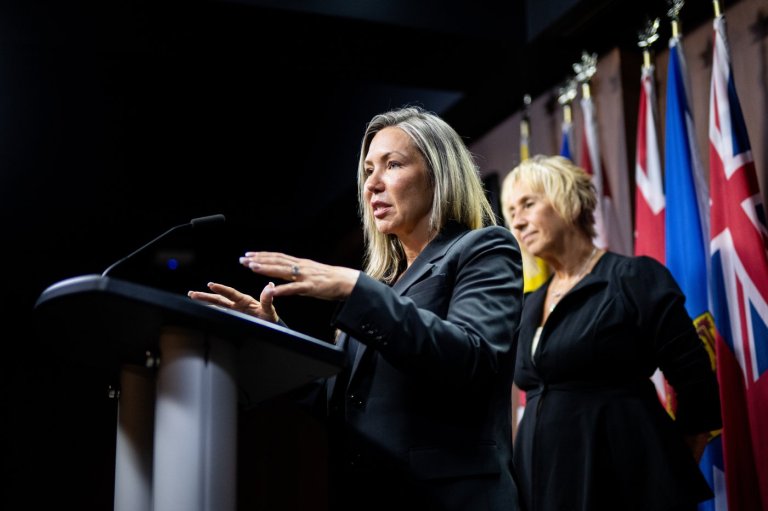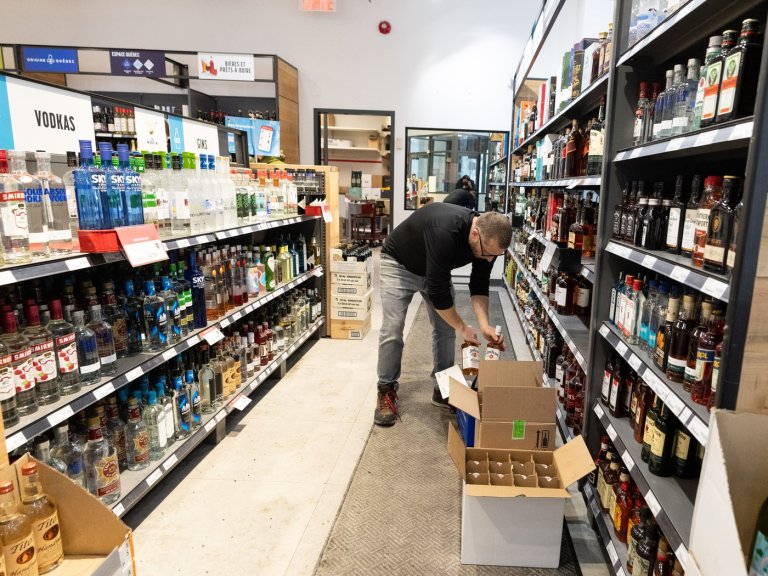U.S. lawmakers from Maine say Canadian paper subsidies hurt state’s industry
PORTLAND, Maine – Three members of Maine’s congressional delegation told the U.S. International Trade Commission on Thursday that Canadian subsidies provided to the Port Hawkesbury Paper mill in Nova Scotia have harmed Maine’s paper industry, and they urged the panel to adopt duties recommended by the U.S. Commerce Department.
Sen. Susan Collins said at a commission hearing in Portland that communities like Madison, where Madison Paper has laid off more than 100 workers, “need immediate relief from the unfair advantages afforded by illegal subsidies.”
“Madison’s workers — any of Maine’s paper mill workers, in fact — can compete and win. But they require a level playing field and the strong enforcement of fair trade practices,” Sen. Angus King said.
The commission hearing will help the panel determine whether subsidies given to the mill in Nova Scotia and to Resolute Forest Products mills in Quebec have harmed Maine’s paper industry. The investigation focuses on mills that produce supercalendered paper, a type used in magazines, catalogues and directories.
The cost of supercalendered paper plummeted when the Port Hawkesbury mill reopened in 2012, thanks to more than $100 million in Canadian subsidies that allowed it to make improvements, Rep. Bruce Poliquin said.
“The market price of this paper plummeted. The North American market was flooded with this paper,” he said.
Last week, the commerce department found that Port Hawkesbury and Resolute mills received unfair subsidies. It recommended duties of between 17.87 per cent and 20.18 per cent on those mills, along with two others, but those won’t go into effect unless the trade commission finds that Maine mills were harmed in December.
The federal lawmakers, along with Gov. Paul LePage, support duties imposed on paper produced by Port Hawkesbury and Resolute. But they also want a separate, expedited investigation of two other Canadian papermakers that are subject to duties: J.D. Irving and Catalyst.
They fear duties on Irving and Catalyst paper could trickle down to Maine, where Catalyst operates a mill in Rumford and Irving owns sawmills and timberland. Together, they employ more than 1,000 people in the state.
Poliquin said it’s unfair to impose duties on J.D. Irving and Catalyst mills without a formal investigation into what sort of subsidies they actually received. Collins and King agreed.
“The Department of Commerce should do all that it can to rectify this very unfortunate situation, which will affect other Maine workers, through the expedited review process,” Collins said.
___
Follow David Sharp on Twitter at https://twitter.com/David_Sharp_AP
Join the Conversation!
Want to share your thoughts, add context, or connect with others in your community?
You must be logged in to post a comment.


















